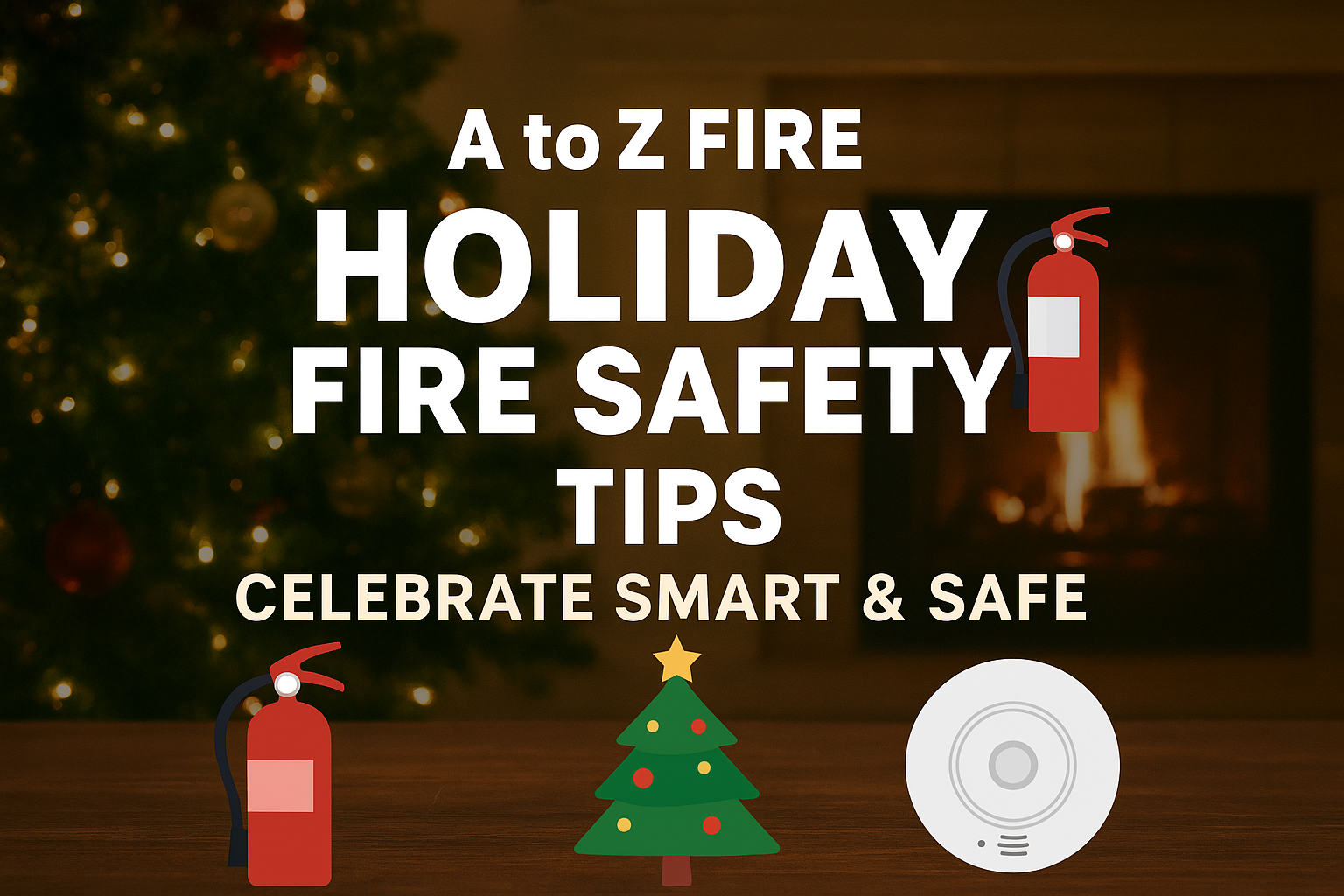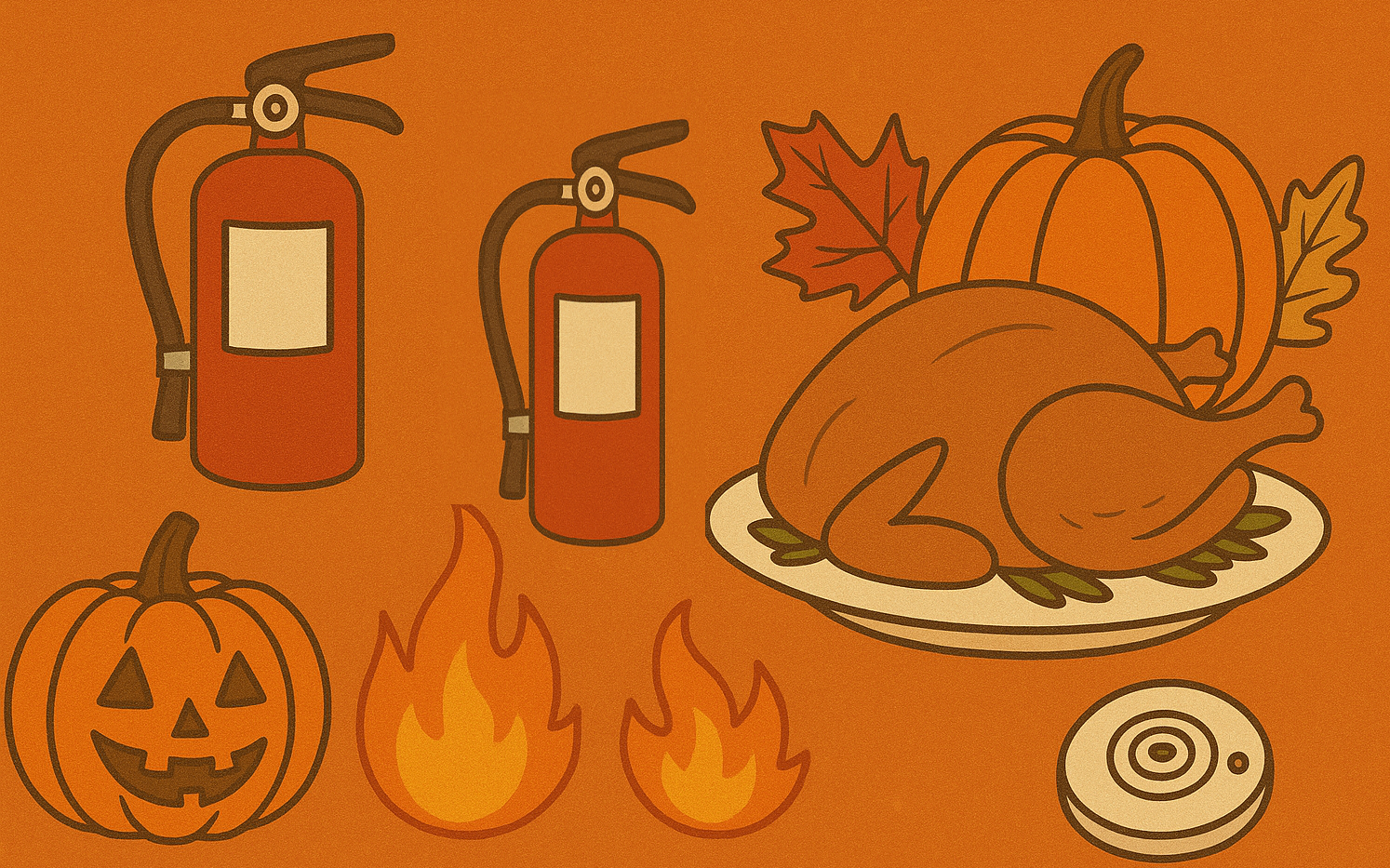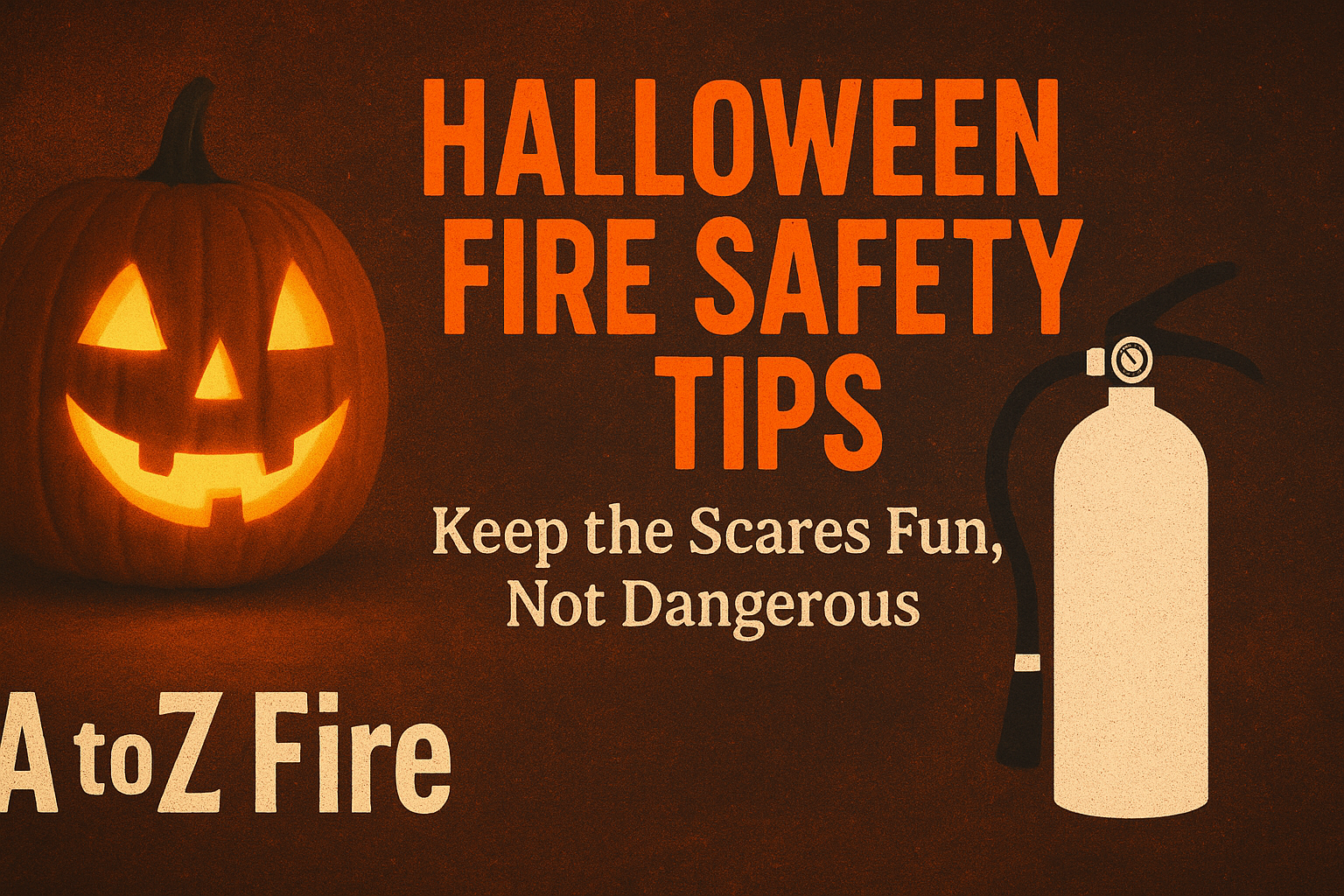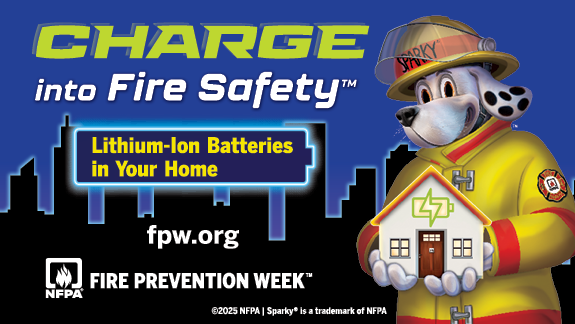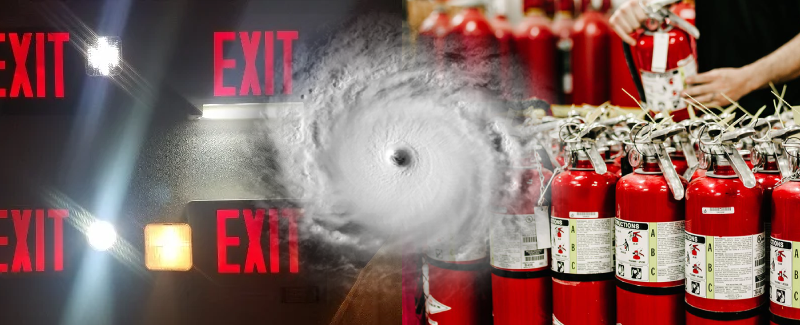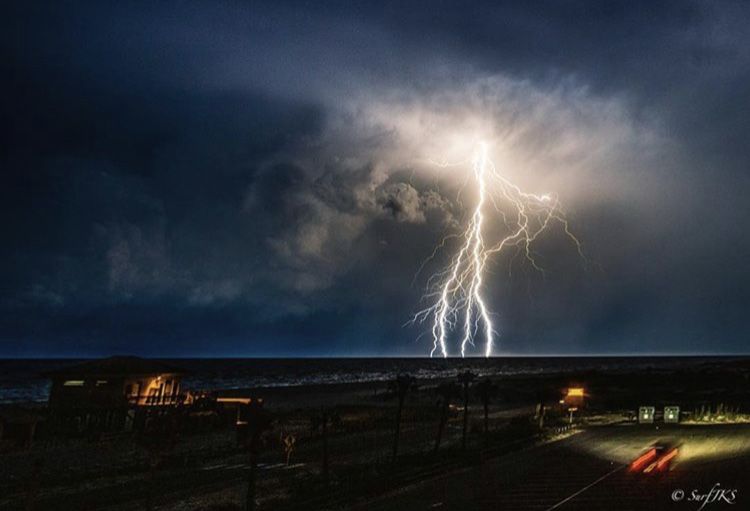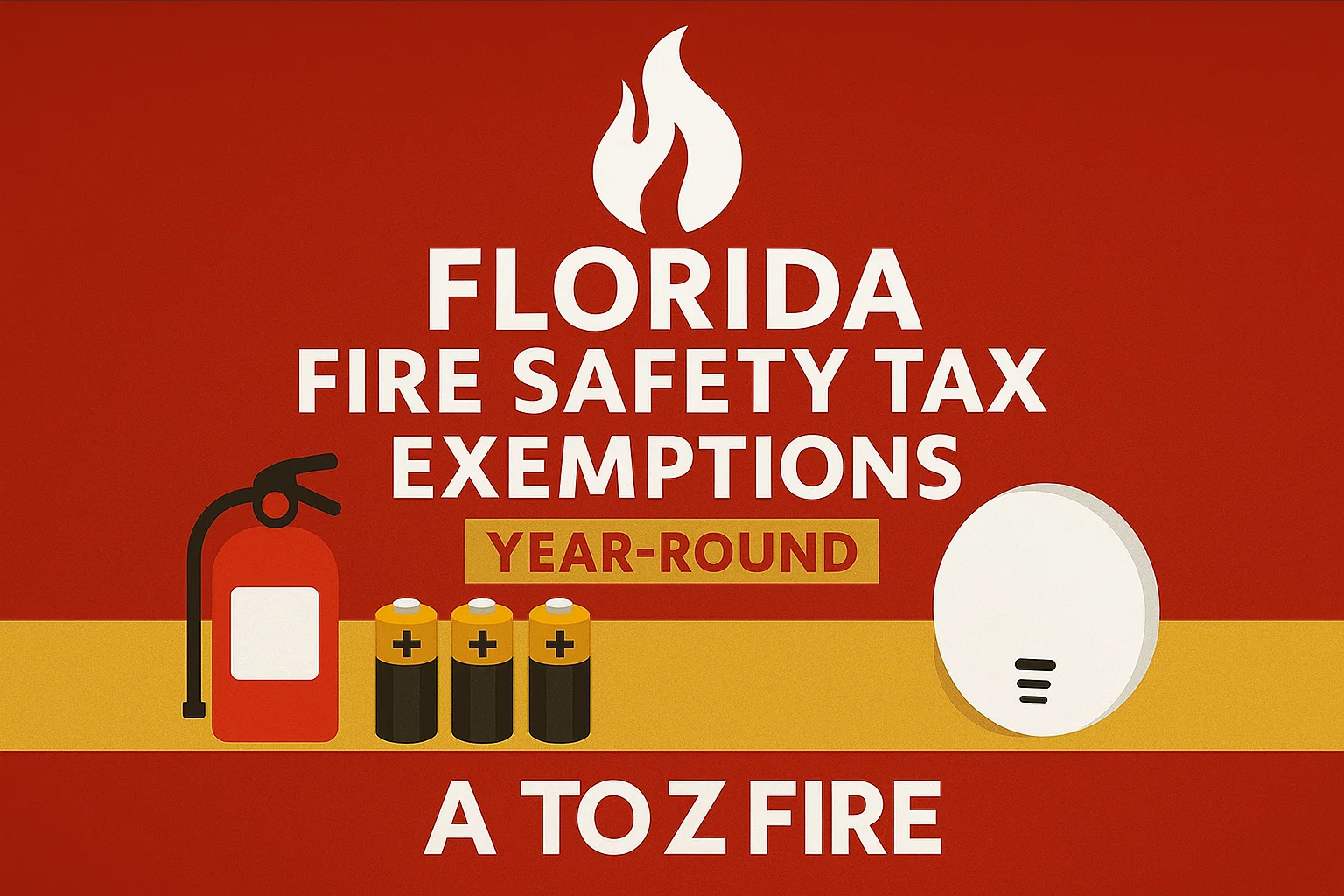Protecting Your Home from Nearby Fires: Essential Tips for Florida Residents
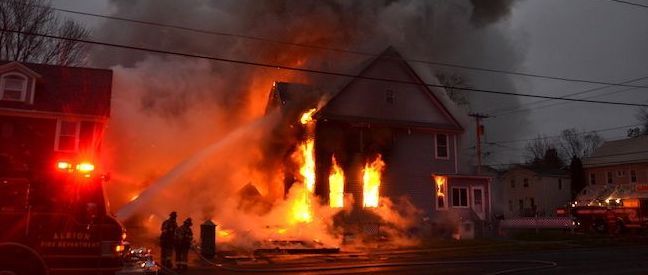
Living in close proximity to neighbors in Florida, particularly around Tampa, means that a fire in their home can quickly become a threat to yours. Statistics reveal the urgency of preparedness: A house fire ignites approximately every 89 seconds nationwide, showcasing the alarming frequency of these incidents. Interestingly, a significant 20% of these fires occur between 5 p.m. and 8 p.m., underscoring the importance of vigilance during evening hours. Moreover, the swift progression of house fires is alarming; in just 3.5 minutes, temperatures can soar to over 1,100℉, posing a grave danger to lives and property.
With over 300,000 house fires occurring annually on average, proactive measures to protect against such disasters are crucial. Here are some researched-based tips to safeguard your home in the event of a neighbor's fire:
1. Create a Defensible Space Around Your Home
Being in close proximity to other houses means that a fire in a neighbor's home can quickly spread to yours. Creating a defensible space around your home can help mitigate the risk of fire spread. Here's what you can do:
- Trim trees and shrubs near your home, keeping branches at least six to ten feet away from your house.
- Clear dead vegetation, leaves, and debris from your yard regularly.
- Store firewood, propane tanks, and other flammable materials at a safe distance from your home.
2. Ensure Your Home is Fire-Resistant
Making your home more fire-resistant can help prevent fire spread in the event of a neighboring house fire. Consider the following measures:
- Install fire-resistant roofing materials and siding.
- Use tempered glass for windows, which is less likely to shatter in extreme heat.
- Seal gaps and cracks in your home's exterior to prevent embers from entering.
3. Maintain Fire-Safe Practices Inside Your Home
While you can't control what your neighbors do, you can take steps to minimize fire risk inside your own home:
- Install smoke detectors on every level of your home and test them regularly.
- Keep fire extinguishers in easily accessible locations and know how to use them.
- Develop a family evacuation plan and practice it regularly.
4. Stay Informed and Prepared
Knowledge is key to being prepared for a neighbor's fire. Stay informed about fire safety best practices and local regulations. Additionally, consider the following steps:
- Stay connected with your neighbors and encourage them to practice fire-safe behaviors.
- Sign up for emergency alerts and have a plan in place for evacuating your home if necessary.
While you can't control what your neighbors do, you can take proactive measures to protect your home from the threat of a neighboring fire. By creating a defensible space, ensuring your home is fire-resistant, maintaining fire-safe practices, and staying informed and prepared, you can minimize the risk of fire spread and keep your home and family safe.
Remember, fire safety is everyone's responsibility, and being prepared is the best defense against a neighbor's fire.

Click On The Social Icon Below To Share This Article


